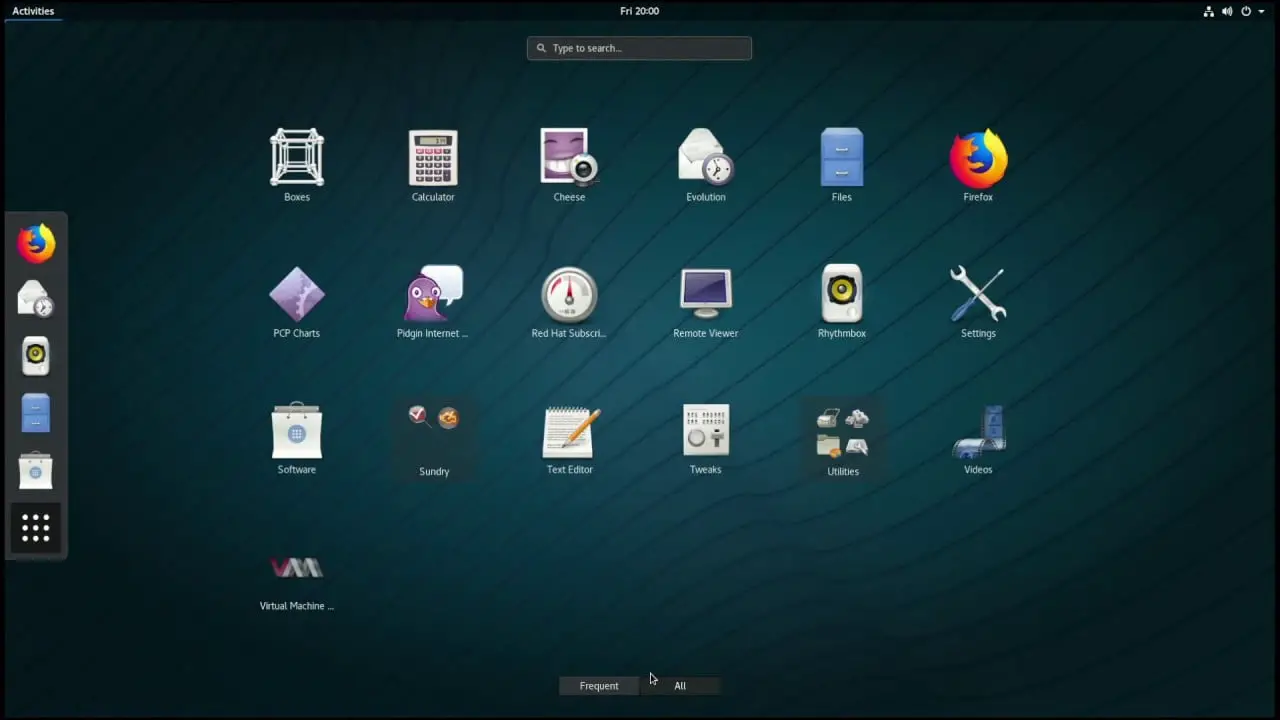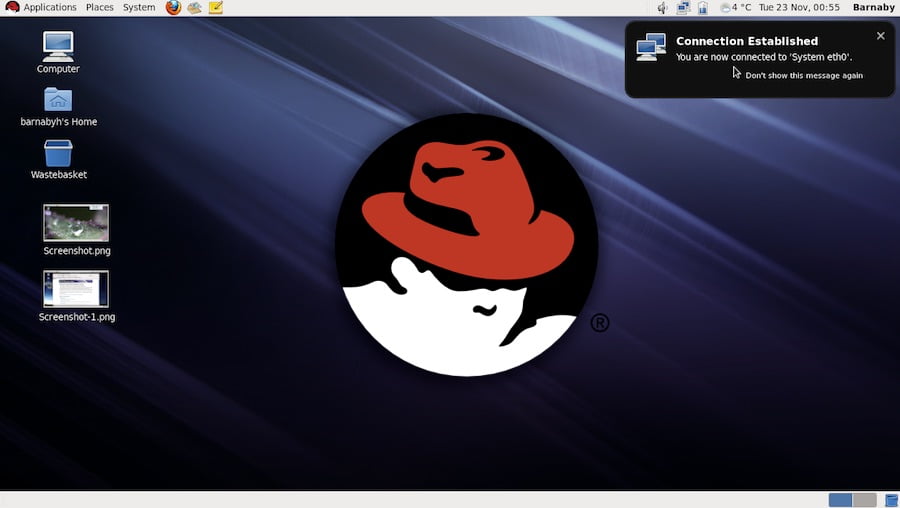Red Hat is giving free access to RHEL for open-source and non-profit organizations.
At the end of 2020, Red Hat announced that CentOS would become history as we know it. The company, which not long ago was acquired by IBM, decided to put an end to the CentOS Linux project to focus on CentOS Stream, so in the future, CentOS Linux 9, as the distribution derived from Red Hat Enterprise Linux (RHEL) 9, will not exist.
As expected, users did not receive the news with joy and happiness and quickly several projects came to the rescue as alternatives. Now, probably to dampen the flames a bit, Red Hat has announced a new no-cost RHEL for Open Source Infrastructure program.
What is RHEL for Open Source Infrastructure?
This new program means that if you have a non-profit organization, project, or foundation that is “engaged with open-source” you will be able to access a free RHEL subscription.
Red Hat wants to highlight how this program only expands the company’s existing support for open-source projects and communities that now includes three major projects:
- Fedora
- CentOS Stream
- RHEL for Open Source Infrastructure
Under the terms of the program, eligible organizations will have access to RHEL subscriptions at no cost for any use within the confines of their infrastructure. This includes build systems, continuous integration (CI) testing, and general project requirements (i.e. web servers, mail servers, etc.).
These subscriptions provide full access to the Red Hat customer portal, knowledge base articles, and forums, and also include Red Hat Insights. Free support is also available depending on the scope and nature of each organization.

All software distributed under a Fedora-approved license is considered open-source for the purposes of this program. Interested organizations should contact via email at rosi-program@redhat.com.
The company admits that this program obviously does not cover all possible situations and they claim to be developing other programs to further expand RHEL’s options for the community. In the meantime projects like Navy Linux, AlmaLinux, or Rocky Linux are already trying to fill the gap.





